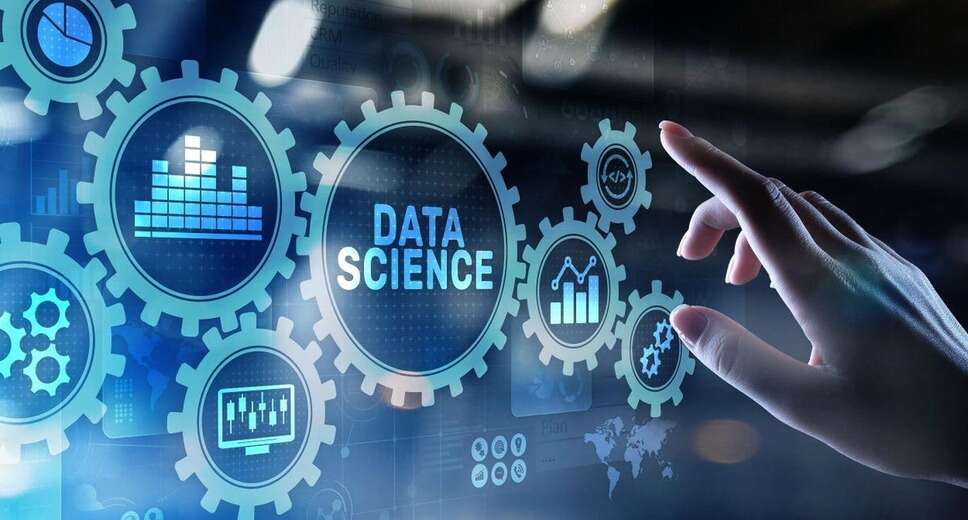5 Data Science Trends That Are Changing the Way We Live and Work
In our data-driven world, the field of data science is rapidly evolving and expanding, with applications spanning various industries. The power of data has the potential to transform decision-making at every level, from the CEO to the marketing intern. Dr. Rohit M, Assistant Professor at Shiv Nadar University, Chennai, highlights the top five data science trends that are shaping the future of data-driven decision-making.

In our data-driven world, the field of data science is rapidly evolving and expanding, with applications spanning various industries. The power of data has the potential to transform decision-making at every level, from the CEO to the marketing intern. Dr. Rohit M, Assistant Professor at Shiv Nadar University, Chennai, highlights the top five data science trends that are shaping the future of data-driven decision-making.

1. Data Democratisation: Empowering Everyone Data democratisation envisions a world where individuals, regardless of their technical expertise, can harness the power of data for informed decision-making. It allows non-professional users to access and analyze data, empowering entire organizations to make data-driven decisions. Achieving data democratisation requires a deep understanding of the business structure and data interconnections within an organization. By creating data architecture, decisions on data storage, harmonization, display, and employee categorization can be made. For example, a marketing executive can use data to tailor campaigns based on customer preferences, reducing reliance on data scientists.

2. TinyML: Intelligence at the Edge TinyML is the next frontier in data science, enabling machine learning models to run on microcontroller units. With an estimated 250 billion of these devices globally by 2030, TinyML empowers real-time, low-power decision-making. Applications range from smart home systems optimizing energy consumption to healthcare devices for remote patient monitoring.
3. Data Visualization: Unlocking Insights Data visualization is changing how we understand and communicate complex information. By presenting data visually in easy-to-understand formats, even non-technical audiences can grasp intricate patterns and trends. For example, executives can use interactive dashboards to analyze sales data, identify trends, and make data-driven decisions.
4. Data Governance: Ensuring Data Quality and Compliance In an era of exponential data growth, data governance is crucial. It sets rules and policies for data collection, storage, processing, and disposal while considering international regulations like data localisation laws. Multinational organizations adhering to strict data governance practices ensure ethical and secure handling of customer data across all jurisdictions.
5. Ethical AI: Responsible Harnessing of Power As AI's influence grows, ethical considerations are essential. Ethical AI involves using artificial intelligence while upholding guidelines that respect individual rights, privacy, and non-discrimination. It goes beyond legal norms to prioritize transparency and fairness, avoiding practices that infringe upon personal freedoms. Ethical AI ensures that algorithms align with human values and are developed responsibly.
The data revolution is upon us, and staying at the forefront of these data science trends is vital for organizations and individuals alike. These trends not only empower individuals and organizations to make data-driven decisions but also underscore the importance of ethical and responsible use of data and AI in our ever-evolving world.
